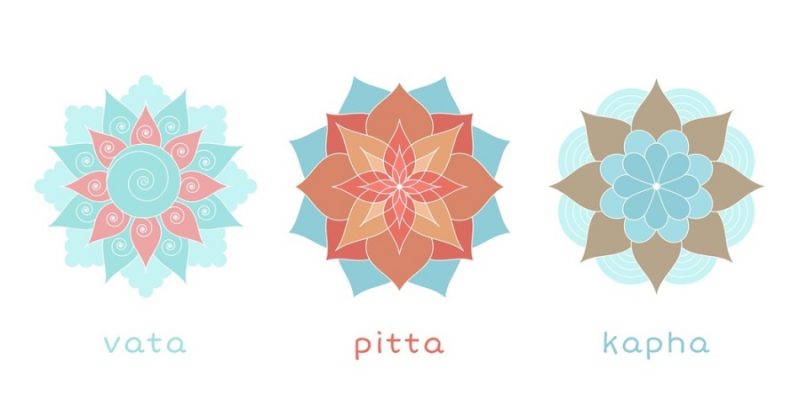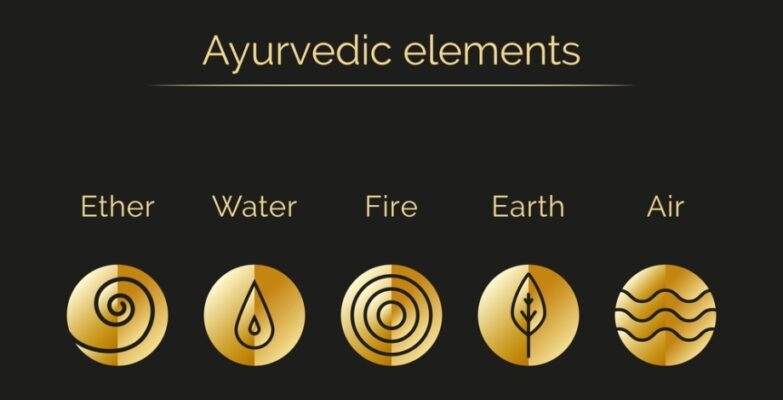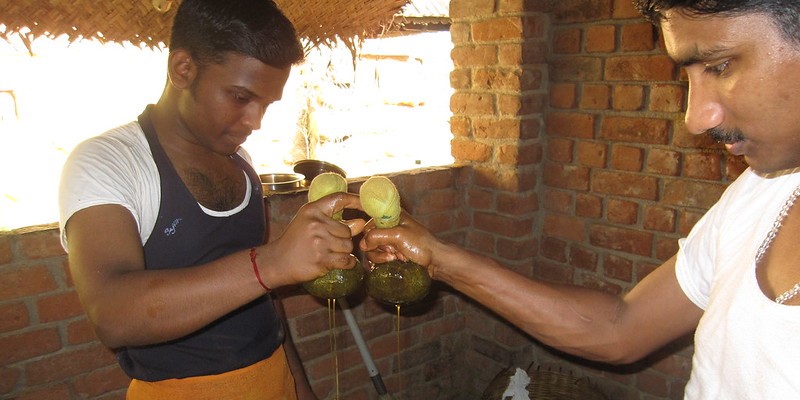
The word Ayurveda (Sanskrit: आयुर्वेद) is a combination of two other words Ayu and Veda, where Ayu means Life, Span of Life, or Age, and Veda means Science or Knowledge.
Usually, Ayurveda is translated as the Science of Life. It’s the science that deals with advantage and disadvantage as well as happy and unhappy states of life, along with what’s good and bad for life, and life itself.

Traces of Ayurvedic wisdom can be found as from 6,000 BCE (transmitted orally), but it’s only from the middle of the 1st millennium BCE that Ayurveda started to be recorded in script. In fact, the earliest codified documents on Ayurveda are the Charaka Samhita and Sushruta Samhita, both dated between 600 BCE and 100 BCE (researchers disagree about the exact period of origin).
Ayurveda embraces knowledge about all living things, human and non-human. It’s divided into three main branches: Nara Ayurveda which deals with human life, Satva Ayurveda which deals with animal life, and Vriksha Ayurveda which deals with plant life.
In Ayurveda, the Five Elements (space, air, fire, water, and earth) are considered the building blocks of life, which create three important life principles known as the Three Doshas (Vata, Pitta, and Kapha).
It’s thought that everybody expresses a unique mix of these three Doshas, which in their turn create the person’s characteristics, weaknesses, and strengths. When the Doshas are out of balance they can cause physical and emotional illnesses. As a result, Ayurveda in general and Ayurvedic Medicine in particular are very much focused at maintaining or restoring the appropriate and healthy balance of the three Doshas.

Ayurveda is not only India’s primary traditional system of medicine, but also a complete way of life for physical and emotional health and spiritual attainment. In Ayurveda it’s believed that positive health is the basis for attaining the four cherished goals of life, the so-called Purusharthas — Kama, Dharma, Artha, and Moksha.
According to Ayurveda, positive health is the case when the Three Doshas, Digestive Fire (Agni), the Dhatus (plasma, blood, muscles, fat, bones, bone marrow, nerves, and reproductive fluids), and the excretory functions are in perfect order, accompanied with pleasantly disposed senses and a contented mind and spirit (or soul).
In short, Ayurveda believes that good health and wellness depend on a broad range of factors. Various practices can contribute to maintaining or acquiring good health, such as herbal remedies, lifestyle, work, living environment, diet, meditation, Yoga, exercise, and oil massages.
















